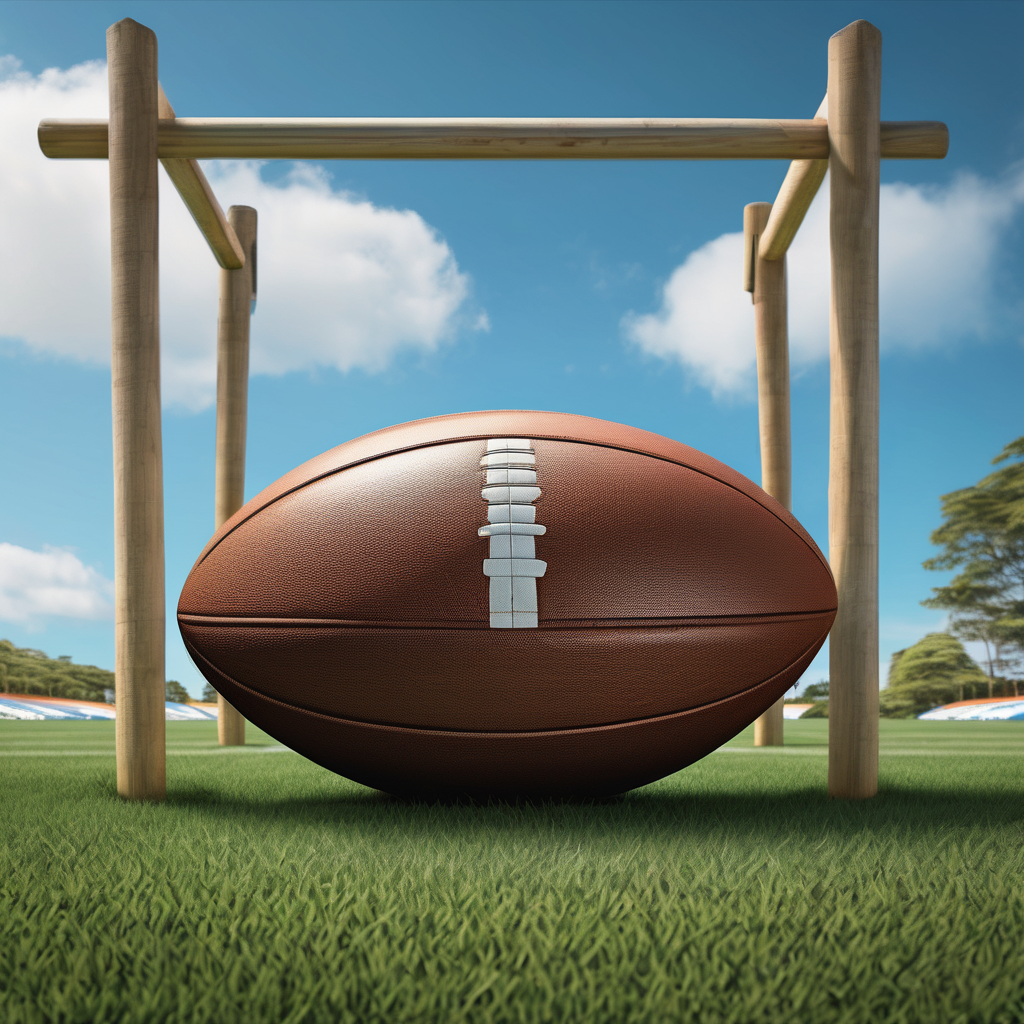International Rugby League chief Troy Grant has reaffirmed that there will be no alterations to eligibility rules, emphasizing that the current setup has positioned the sport in a strong state leading up to the 2026 World Cup. The sport is enjoying considerable success, with over 120,000 spectators attending Test matches worldwide just last weekend.
The upcoming tournament is seen as potentially the most exciting in history, particularly with the emergence of teams like Samoa and Tonga as serious contenders that are sure to attract large crowds. These nations have gained momentum in recent years, with Samoa recently reaching the final of the last World Cup and Tonga eliminating New Zealand in the Pacific Cup last year.
Nevertheless, the success of these Pacific teams has triggered discussions around eligibility rules, particularly calls from notable figures like coach Wayne Bennett, who advocate for limiting players to one national representation throughout their career. Currently, players can change their national allegiance annually, with the only exception being the tier-one nations—Australia, New Zealand, and England.
This system enables athletes such as Payne Haas to switch from representing Australia to Samoa, continuing a trend established by key players like Andrew Fifita and Jason Taumalolo moving to Tonga since 2017. While Bennett has argued for restricting these changes, Grant has firmly countered these calls, suggesting that the existing rules maximize the talent pool for national teams. He stated, “The way it is is obviously working. Why change something that is working?”
Samoa’s coach Ben Gardiner recently warned against modifying eligibility rules, describing any such changes as “archaic” and detrimental to the competitiveness that the international game currently enjoys. Despite discussions about elevating Samoa and Tonga to tier-one status, Grant indicated that such suggestions misinterpret the criteria for tiering, which focuses on off-field governance rather than merely on-field success.
Looking ahead, the World Cup in Sydney will kick off on October 15, 2026, culminating in a final at Suncorp Stadium in mid-November. The tournament will host ten teams divided into three groups during the preliminary stages, setting the stage for a highly anticipated competition.
Overall, rugby league is witnessing an exciting era, characterized by emerging nations reshaping competitive dynamics on the international stage while preparations for the 2026 World Cup continue to unfold.
